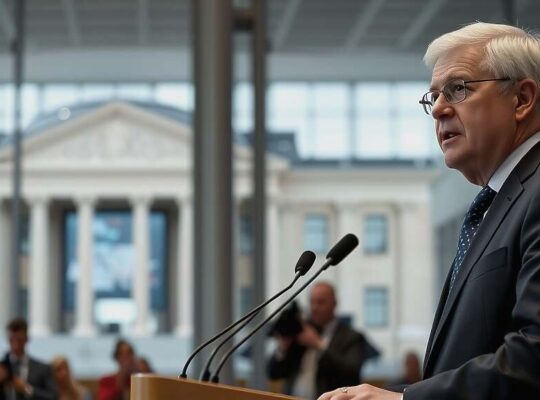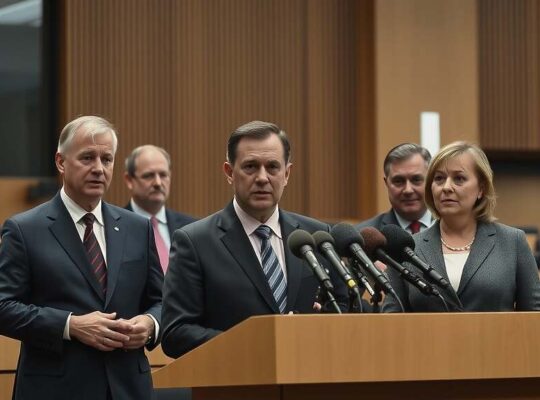The current coalition government’s approach to pension reform is fundamentally flawed and demands a complete overhaul, according to Veronika Grimm, a leading member of the German government’s Council of Economic Experts. In an interview with the “Rheinische Post” Grimm sharply criticized the government’s proposed pension package, arguing it exacerbates the system’s long-term instability rather than addressing it.
Grimm’s critique centers around the package’s inclusion of measures like the “mothers’ pension” and the so-called “holding line” which she believes divert attention and resources away from necessary structural reforms. She insists the coalition must reconsider the entire framework, prioritizing adjustments that genuinely bolster the system’s solvency.
Specifically, Grimm advocates for linking the retirement age to increasing life expectancy – a long-debated concept – and decoupling the rise in existing pensions from wage growth, instead tying them to price levels. Her suggestion to reintroduce a “sustainability factor” reflects a desire to ensure future pension payments remain financially viable.
The economist’s warning comes amidst a tense political climate surrounding the pension debate. She voiced deep concern that the current plan will actually increase expenditure for the statutory pension insurance, a trajectory she deems counterproductive given the urgent need for meaningful reductions in spending. The criticism underscores a growing divide within Germany’s political landscape concerning the long-term fiscal health of the nation and the potentially drastic measures required to safeguard the pension system for future generations. Grimm’s pronouncements are likely to reignite the debate and pressure the government to reconsider its current course of action, potentially leading to further political friction.












